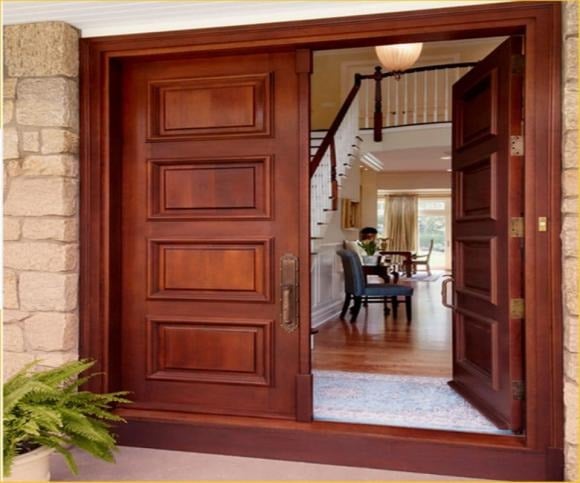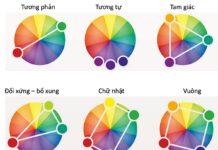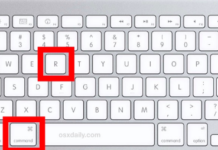Should the Front Door Open Inward or Outward?
The front door is not just an entrance but also the face of the house, the first place to welcome guests. It is also the intersection of indoor and outdoor airflows, directly affecting the house’s feng shui. Therefore, a reasonably designed front door not only creates convenience but also helps attract positive energy and brings good luck and fortune.
Many homeowners pay attention to the size and color of the front door but often overlook whether it should open inward or outward. Although a minor detail, the door’s opening direction can impact feng shui and daily life convenience.

The front door is the face of the house and the first place to welcome guests.
Opening the door outward saves indoor space and creates a more spacious feeling, especially suitable for houses with limited space. However, if the house has a narrow frontage, opening the door outward can be inconvenient for passersby and easily affect the neighbors, especially when the houses are close together.
On the other hand, inward-opening doors avoid the above limitations. However, this arrangement occupies indoor space and can be obstructive in a confined area.
According to feng shui principles, the front door should open inward. This is because the front door welcomes positive energy into the house, and inward opening facilitates the guidance and smooth flow of this energy. In contrast, outward-opening doors can push away good fortune and positive energy while potentially inviting unfavorable energy into the house.
In reality, the opening direction also depends on the overall design and type of door used. For example, if the house has two layers of doors (such as a combination of wooden and rolling doors, folding doors, etc.), the front door usually opens inward due to the outer protective door. Additionally, if there is a height difference between the indoor and outdoor areas, opening the door inward is a more reasonable solution.
Other Considerations for Front Door Design
Ensure proper air circulation: The front door plays a crucial role in welcoming natural light and air into the house. Therefore, the design should emphasize air circulation to maintain a breezy and harmonious indoor space.
Appropriate door size for the house: The front door’s size should be calculated based on the house’s area and number of stories. When building or renovating, consult an architect to design a door that harmonizes with the overall structure. If the door is too large, positive energy may escape easily, while a too-small door will restrict the inflow of positive energy.

The front door’s size should be proportional to the house’s area and number of stories.
If the existing door is inappropriate, mitigation measures can be applied. For instance, if the door is too wide, hanging wind chimes outside can effectively prevent negative energy and disperse positive energy. If the door is too narrow or low, consider renovating to widen it to avoid adverse feng shui effects.
Avoid aligning the front door with the back door: When the front and back doors are in a straight line, the incoming airflow will quickly escape, reducing positive energy. To remedy this, place a tall plant or design a shield between the two doors to redirect the airflow and improve energy circulation.
Do not position the front door directly facing a large tree or mountain gap: A large tree blocking the front door can obstruct positive energy and bring negative energy that affects the family’s health. It is also inauspicious for the front door to face a cul-de-sac as this area tends to accumulate negative energy. Additionally, if there is a mountain gap directly opposite the door, the homeowner may feel anxious and worried.
Maintain a clean and bright front door area: The space in front of the main entrance should be regularly cleaned to create a comfortable and airy feeling. If the area lacks natural light, consider installing additional lighting fixtures to enhance brightness and increase positive energy for the house.








































